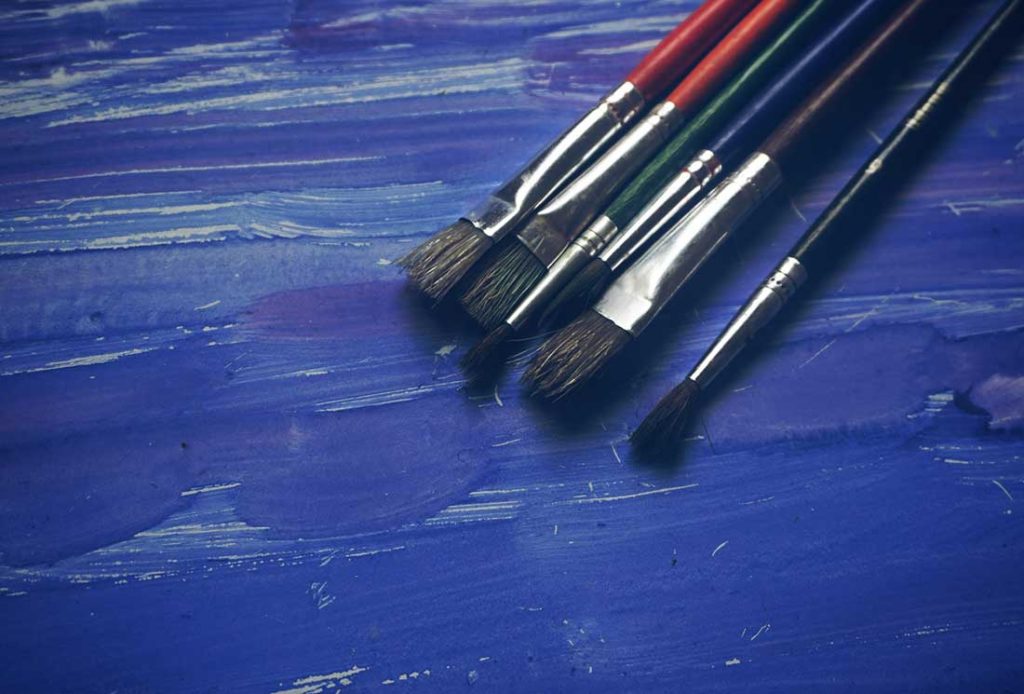Art Therapy Creates Powerful Outlets for Healing and Self-Care
- / blog

The road to recovery is full of many routes. At Choice House, we focus on a number of different outlets for healing from addiction and attaining lifelong sobriety. Among outdoor therapy, individual therapy, group discussions and 12-step meetings, a very valuable method we use is art therapy.
Art therapy can serve two important and distinct functions:
First, the use of art materials and processes can be inherently therapeutic to the nervous system, providing relief from distressing symptoms through rhythmic, soothing, physical engagement. Using art as a part of therapy can provide optimal distance and distraction, making it much more tolerable to discuss difficult topics. As an added bonus, creating art in one’s free time is an excellent form of self-care!
Second, using a combination of meditation, writing, and art processes, art therapy can serve as something of a deep-sea diving suit, allowing clients to swim into the depths of their unconscious and come back up with previously hidden pearls of wisdom. Through active imagination, dialogue, and non-judgmental inquiry, clients are able to see unexpected parts of themselves reflected quite clearly in their work.
Our art therapy program at Choice House is facilitated by Liz Maher, art therapist and licensed counselor. She has engaged in this practice for a number of years and has seen the real results of creative exploration. A client of hers once compared his experience of traditional talk therapy to art therapy by saying, “I had all these ideas flying around, and until now, I had nowhere to put them, no way to make sense of them.”
Art therapy can radically enhance recovery by giving clients the physical and psychic space to integrate material from other areas of their treatment. I’ve designed an art therapy curriculum that draws on psychodynamic attachment theory, gestalt, and body-based mindfulness, and is designed to access unconscious material and bring it into a concrete workable form.
Through this work, clients report experiencing profound clarity and insight into their driving motivations, their relationship with chaos and control, their long-held introjects, the full weight of their grief, and their compassion for self and others. In the metaphoric space of the art process, they are able to explore alternate outcomes, develop a visual vocabulary and expressive language, and create a map for navigating one’s way out of the labyrinth.
Have questions about Choice House and its programs? Contact our admissions team at 720-577-4422 or hello@choicehouse.com.
